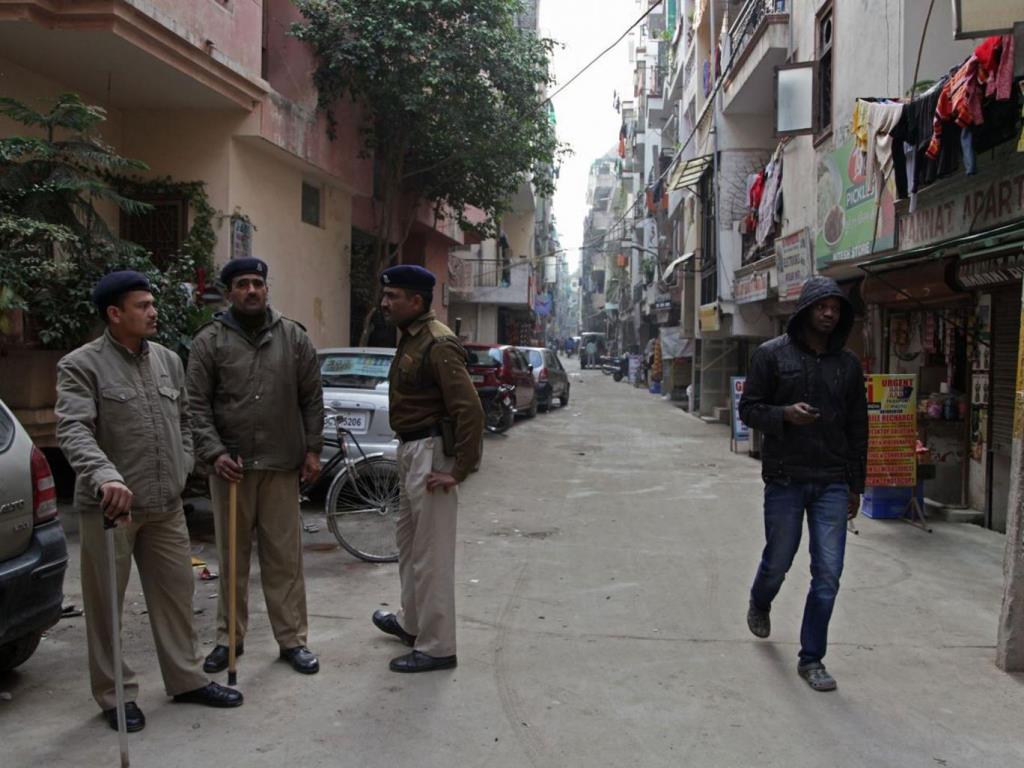India globally has been projected for being a country of cultural diversity and coexistence where people of different faiths, colors, castes and creed have lived in harmony for centuries. However, this projection has been shown to be a failure umpteenth number of times. India has actually been pretty much opposite to its projections, a land where there lies no tolerance for other faiths, colors, castes and creed.
Such is the reality that even those considered to be from lower castes from amongst Hindus themselves who happen to be the majority in the country are not given equal rights. They are not allowed to drink from the same wells or even eat on the same table. There have been cases where their children are not allowed admission in the schools of higher castes and where the lower castes have not been allowed to worship in the same temples as the rest.
Home to one of the most revered leaders of the freedom movements against the British, Gandhi who fought a war against the British in India and in South Africa, whose incidents of protests against the racism of white supremacists is related with lot of pride by fellow Indians, India on a daily basis has proved that racism is very much intrinsic to India.
Indians commit worse and more heinous acts than what Gandhi faced in South Africa, not only against Dark Skinned African nationals but even against people from within India specially from the north East and in many cases from the South.
The most recent exhibition of this was the brutal assault on a Tanzanian woman in Bangalore who was stopped on a highway, removed from her car and beaten in full public view and paraded after her clothes had been stripped off. And she had to face all this because another African student from Sudan happened to hit a person on the road. This Sudanese person was not related to her and the accident had taken place much before she even reached the spot. She had to bear the brunt because of the dark toned skin she had other than her sharing the same continent with the Sudanese student.
And this racist attitude is not limited to just the African students, dark skinned south Indian fellow citizens face no less. The penchant to belittle “Madrasis” for their dark skin and their accents, even in Hindi films, is seen as a variation of this trait.
Skin color and not intellect or ideas has become the basis for defining a person and his value in society. Such is the emphasis on the fairer skin color that a cursory glance on the matrimonial section of a newspaper will barely find any advert for marriage partners without a stress on fair skin. And it may not be far from true that India is home to the largest manufacturers and advertisers of fairness and skin lightening creams and lotions for both men and women.
This unrelenting exhibition of racism at all fronts in India, against foreigners and fellow citizens, in most of the parts of the country shows that there is a serious problem with the moral compass that the people of India carry.
Islam has effectively solved this problem by instilling several strong concepts among the people. The first among them being that all Muslims, whatever their ethnicity, color or race, are brothers to each other.
إِنَّمَا الْمُؤْمِنُونَ إِخْوَةٌ
“The believers are nothing else than brothers (in Islamic religion)”
(Hujurat: 10)
Furthermore, Islam prohibits racism in all forms, including tribalism and caste distinction. In a hadith reported by Muslim, he ﷺ said:
«مَنْ قُتِلَ تَحْتَ رَايَةٍ عُمِّيَّةٍ يَدْعُو عَصَبِيَّةً أَوْ يَنْصُرُ عَصَبِيَّةً فَقِتْلَةٌ جَاهِلِيَّةٌ»
“One who is killed under the banner of a man who is blind (to his just cause), who raises the slogan of family or supports his own tribe, dies the death of one belonging to the days of Jahiliyya.”
So no one is allowed to consider his own caste, tribe, race higher than others.
It is these concepts that led the people of Madina to welcome and accept the Muslim migrants from Makkah who had emigrated along with the Prophet ﷺ when the Islamic state was established in Madina.
People in India, should make a sincere study of Islam for it is a divine system unlike any other system, a system that provides detailed solutions and will ensure justice is provided to mankind.
Abo Khaled Alhijazi

